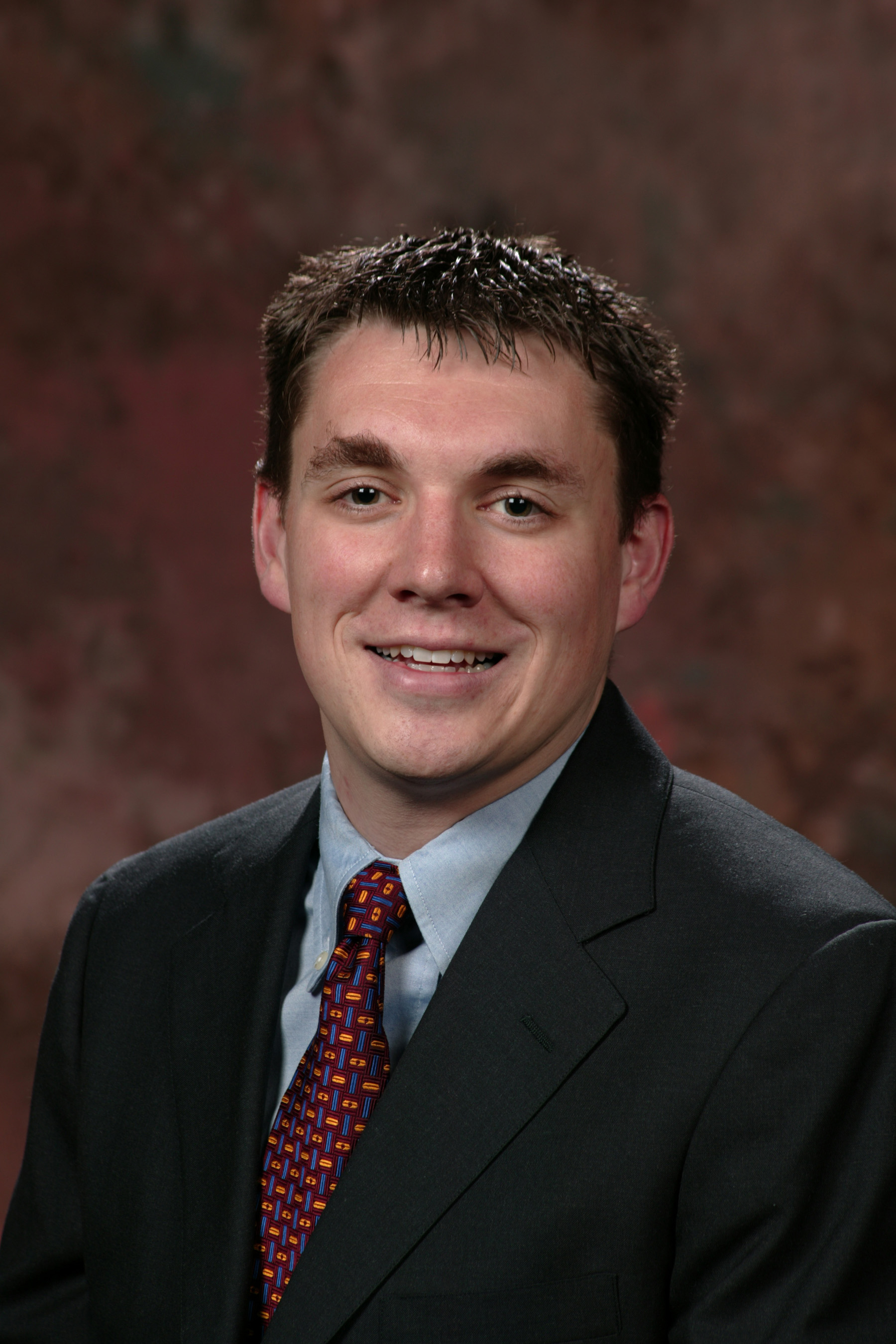
ALPHARETTA, Ga. (BP)–The news is out! According to census information released Aug. 15, the face of the United States is changing. CNN’s headline proclaimed, “Explosion of diversity sweeps U.S.” The New York Times said, “Immigrant Numbers Swell New York.” The Atlanta-Journal Constitution wrote of a local county, “Immigrants Transform Gwinnett.” These recent stories reflect the missional opportunities that exist among this ever-expanding population within our nation.
After planting churches among immigrants and studying their religious patterns extensively, I have come to one conclusion: God is providing the North American church with an amazing opportunity to reach the nations of the world, right here and right now. There are seven different languages spoken in my suburban Atlanta neighborhood of 42 homes. Within a few minutes drive, there are nearly 30 people groups in Mexican, Chinese, and Arab communities (for more information, visit www.peoplegroups.info). It is becoming increasingly common no matter where you go in the United States to hear an unknown language, see unfamiliar cultural dress and drive by a non-Christian religious center.
With the recent national attention focused on the immigration issue, an important question comes to mind: How are Southern Baptists doing in reaching North American immigrants for Christ? We have been trying to answer this question at the Center for Missional Research at the North American Mission Board. Our full study is available at www.namb.net/research.
First, the good news: The baptism rate for many ethno-linguistic people groups is relatively high. In 2005, Anglo and African-American churches averaged 3.07 baptisms for every 100 resident members. The accompanying chart illustrates that the majority of Southern Baptist language churches baptized proportionally more people than that. God is at work!
The not-so-good news is that many people groups in the United States have only a small representation of Southern Baptists, and many come to the U.S. from non-Christian backgrounds. However, this trend is not just a Southern Baptist concern, but a concern for all North American churches. The fields are white unto harvest among North American people groups but there is still very much harvesting to be done.
What is the appropriate biblical response to this growing immigrant population? A biblical model found in the Old Testament speaks of aliens, sojourners and strangers in the land. It shows that our God-given responsibility is the proclamation of the Gospel (Deuteronomy 31:12; Matthew 28:18-20), including them in our daily lives through hospitality (Leviticus 19:33-34; Matthew 25), being fair and just in our dealings with them (Leviticus 24:22), and providing compassionate ministries for their daily needs (Leviticus 19:9-10). God’s Word demands a comprehensive approach in sharing Christ with others. In obedience, we can do nothing less. God is bringing the world to us. The responsibility for aliens, sojourners and strangers is not an outdated concept, but rather our mission and mandate.
My recent study of North American people groups convicted me to invite my Hindu neighbors to dinner. In developing a relationship with them, I hope to find ways my family can minister to their family. Perhaps God will use this simple invitation to bring new Indian brothers and sisters into His family as our relationship with them develops. It could even be the beginning of a movement of God among their people overseas. When God is in it, nothing is impossible.
My question for you is, “What are you doing to reach out to the nations within our nation?” You likely know someone who speaks a language other than English in their home. Jesus instructed us to, “Go and make disciples of all nations,” so let’s get out there. As Rajendra Pillai says in his book, “Reaching the World in our Own Backyard,” people from other religions and cultures now live, study and work among us. They are America’s most overlooked mission field. We cannot make excuses anymore. The eternal destinies of millions are at stake.
–30–
Philip Connor is the research missiologist at the Center for Missional Research with the North American Mission Board.

















